 EA
EA“A new challenger has appeared.”
In the fiercely competitive world of video games, it’s common for new contenders to fade away as quickly as they burst on to the scene.
But Battlefield 6 is hoping to change that.
It’s the latest entry in a long-running military shooter series often framed as a grittier, more realistic answer to Call of Duty.
The title’s never quite managed to match its most famous rival in terms of sales or players, but there are signs the new installment could close the gap.
A preview weekend giving players a chance to try out the game earlier this year broke records, and the buzz heading into its launch has been huge.
But the project is still a big gamble for publisher Electronic Arts (EA), which has reportedly spent hundreds of millions of dollars making it.
BBC Newsbeat’s spoken to some of the makers to find out how they hope it will pay off.
Four EA-owned studios have been working on the game under the Battlefield Studios banner.
They include original series developer Dice, based in Sweden, LA’s Motive Studios and Ripple Effect Studios in Canada.
The fourth, Criterion, is based in Guildford, UK.
Rebecka Coutaz is the general manager of the two European studios, and tells Newsbeat that, in terms of what it’s offering players, “Battlefield 6 is probably unbeatable”.
 EA
EAThe game comes off the back of the futuristic Battlefield 2042, released four years ago to a negative reception it struggled to recover from.
“We probably couldn’t make and develop Battlefield 6 without the learnings we had in Battlefield 2042,” Rebekah tells Newsbeat.
One of those lessons was to get fans involved early, and the team launched invite-only community playtests earlier this year.
The “feedback was explosively positive,” says Rebecka.
Another missing ingredient from Battlefield 2042 was a single-player campaign, which has been restored this time around.
Criterion design director Fasahat “Fas” Salim is the one in charge of “making sure those missions are as fun and interesting as possible for the players”.
Despite claims that the scale of the project had put a strain on the different studios collaborating across continents to build the game, Fas is positive about the process.
“Collaborating with different cultures, different backgrounds, it’s a really interesting environment to be involved in every day,” he says.
“This whole approach has been something new but something really exciting because we are working with people from all over the world.”
As for the expectation on the team, Fas says: “There is pressure but also it’s exciting.
“It’s a big project. It’s probably the biggest that most of us have ever worked on.”

That’s definitely true of at least one team member, lighting artist Vlad Kokhan.
The 21-year-old makes the atmospheric effects that shape the mood, tone, and direction of the single-player campaign.
He completed an internship at Criterion before getting a job there, and currently works part-time while finishing his visual effects degree at Bournemouth University.
Vlad says he’s a long-time fan of the Battlefield series, and remembers playing the fourth instalment of the series at a friend’s house when he was younger.
To be working on it now, as his first industry job, “doesn’t feel real”.
“It’s really crazy seeing the marketing everywhere”, he says.
“To know that I’ve put my own thing into the game is really surreal.”

Battlefield 6’s launch is expected to be a big one, with analysts predicting it could sell up to five millions copies in its first week.
But its real success in a volatile and unpredictable industry won’t be clear for months, if not years.
To maintain the momentum, it will need to draw – and keep – players away from rivals including CoD, Fortnite and Roblox.
But while the signs are promising, Rebecka is cautious when asked if she is feeling confident.
“I would say yes and no, you never know,” she says.
“The only thing that matters to me now – and I’ve been saying it for four years – is that we don’t disappoint our community, our players.”
Concerns for Battlefield’s future were also sparked by recent news that EA had agreed to sell the company to a Saudi Arabia-led group for $55bn (£41bn).
EA has taken on $20bn (£14bn) of debt as part of the deal – known as a leveraged buyout – prompting fans to fear of cutbacks.
The company has told staff to expect “no immediate changes” to their jobs.
For Battlefield 6, Rebecka tells Newsbeat the team will continue as planned, and has already shared details for monthly updates and content additions.
“I am here to help our team members make their best work in their careers so the way hasn’t changed for me, the way is still the same,” she insists.

EA has been vocal about its plans to use generative AI in game development, and its prospective new owners are betting on the technology to boost profits, according to The Financial Times.
The tools are controversial, prompting concerns from developers and backlash from some fans.
Rebecka tells Newsbeat players won’t see anything made by GenAI within Battlefield 6, but it is used in preparatory stages to “to allow more time and more space to be creative.”
Rebecka says GenAI “is very seducing”, but there isn’t currently a way to incorporate it into developer’s daily work.
Yet she shares EA’s optimism for its potential.
“If we can break the magic with AI it will help us be more innovative and more creative,” she says.
In Fas’s opinion, GenAI is “not anything to be scared of in our industry”.
“Especially as we work in an environment at the bleeding edge of technology – we’re kind of used to things changing,” he says.
“It’s just a matter of how we can incorporate that productively into our workflows, how can we leverage that to take our games to the next level.”
For now, though, the team’s focus is on nailing Battlefield 6’s release.
“We spend a lot of time behind closed doors making these things,” says Fas.
“But when it goes into the players’ hands and you see them having a great time, people shouting, people excited, that’s something that we worked years for.
“This is what most of us game developers look forward to. We just want to see people play the thing and then get excited about it.”

Listen to Newsbeat live at 12:45 and 17:45 weekdays – or listen back here.

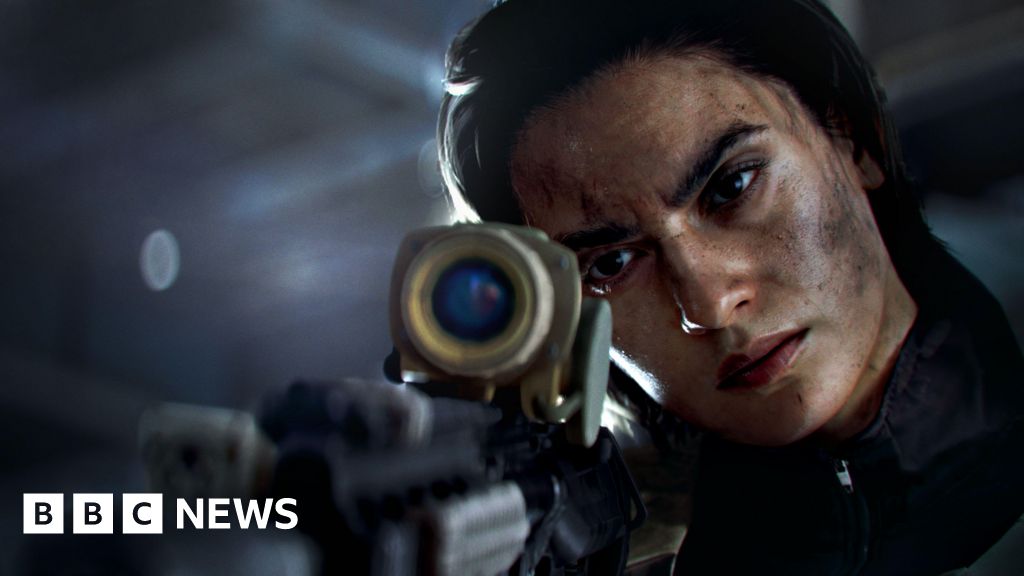

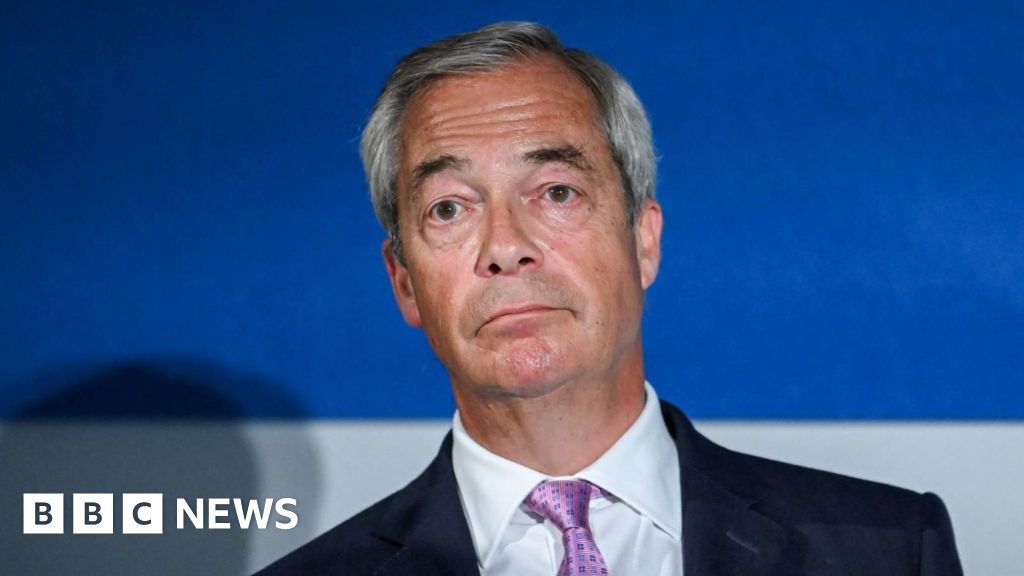

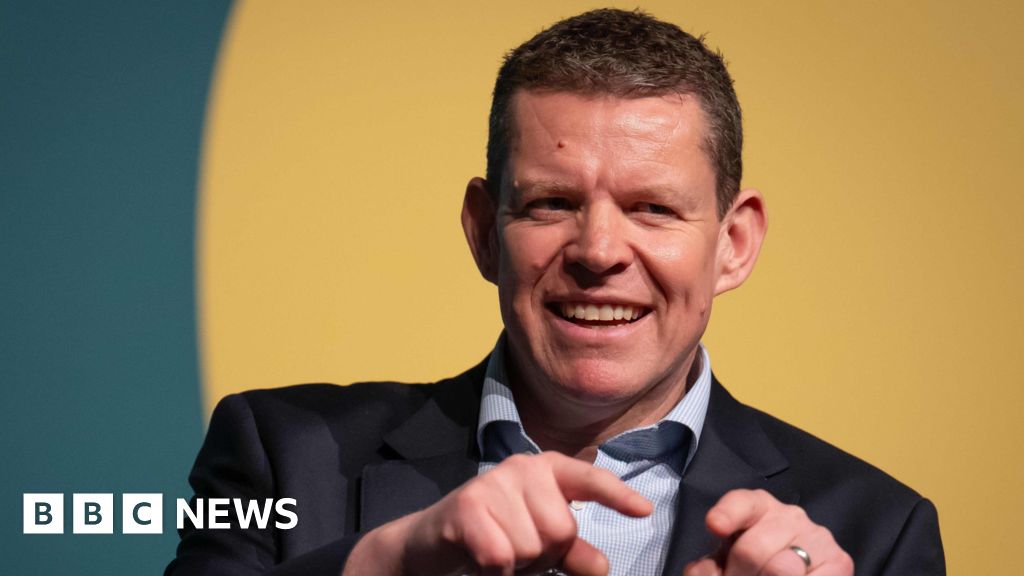
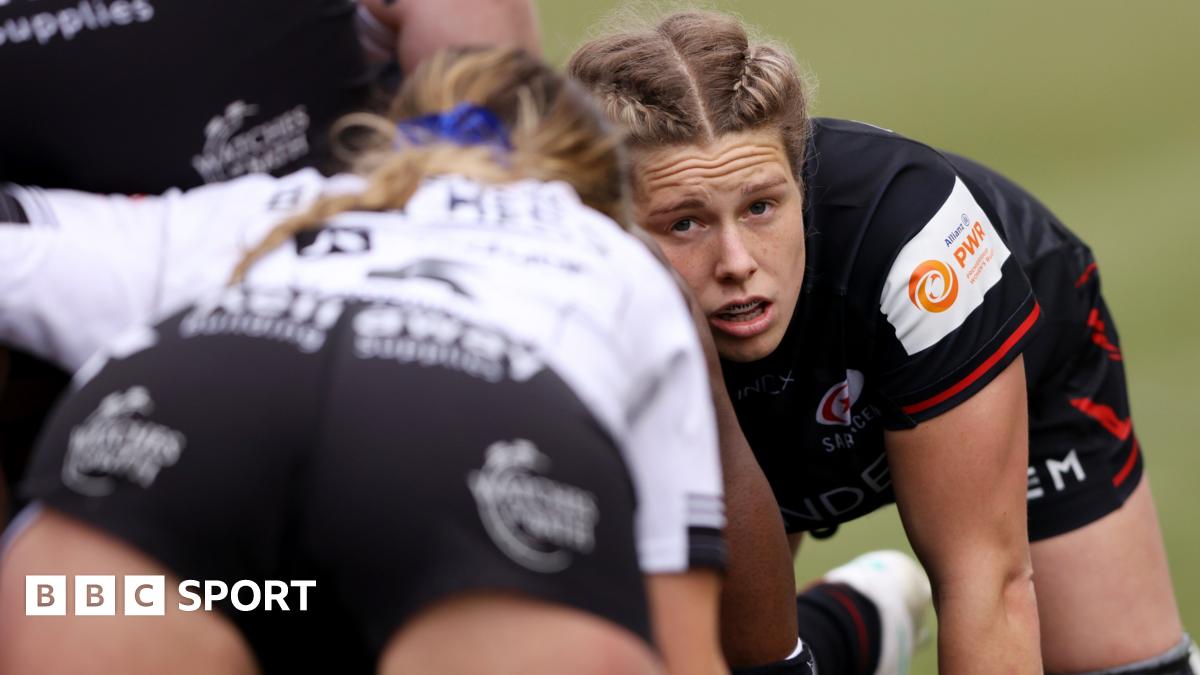

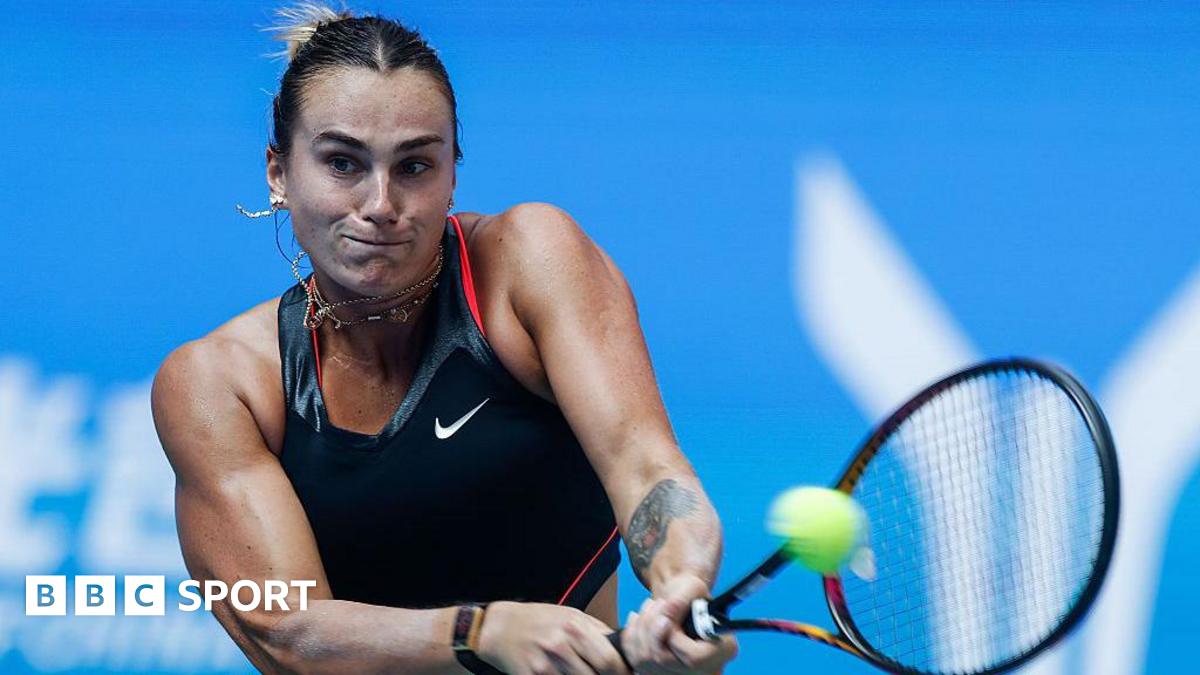
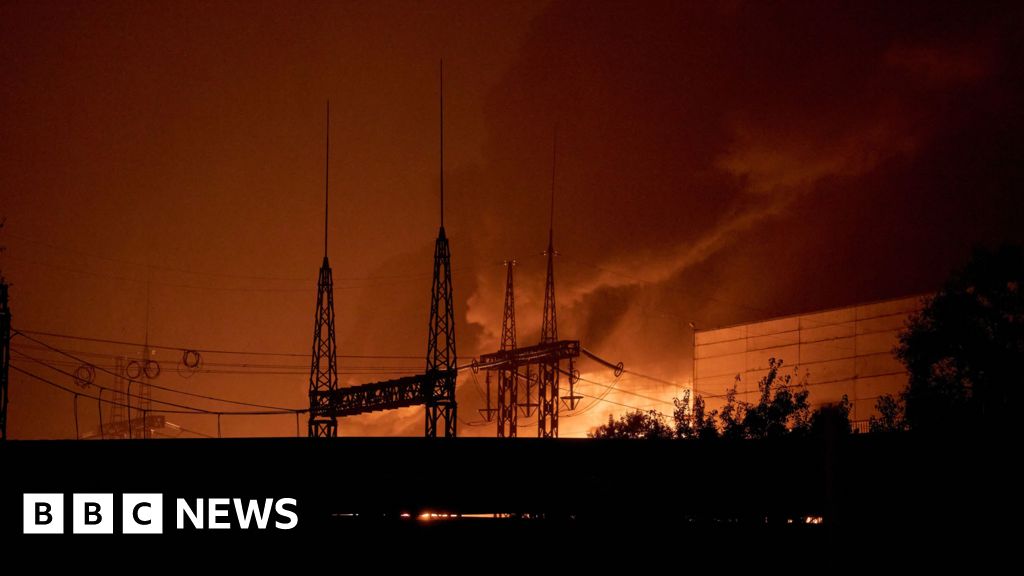

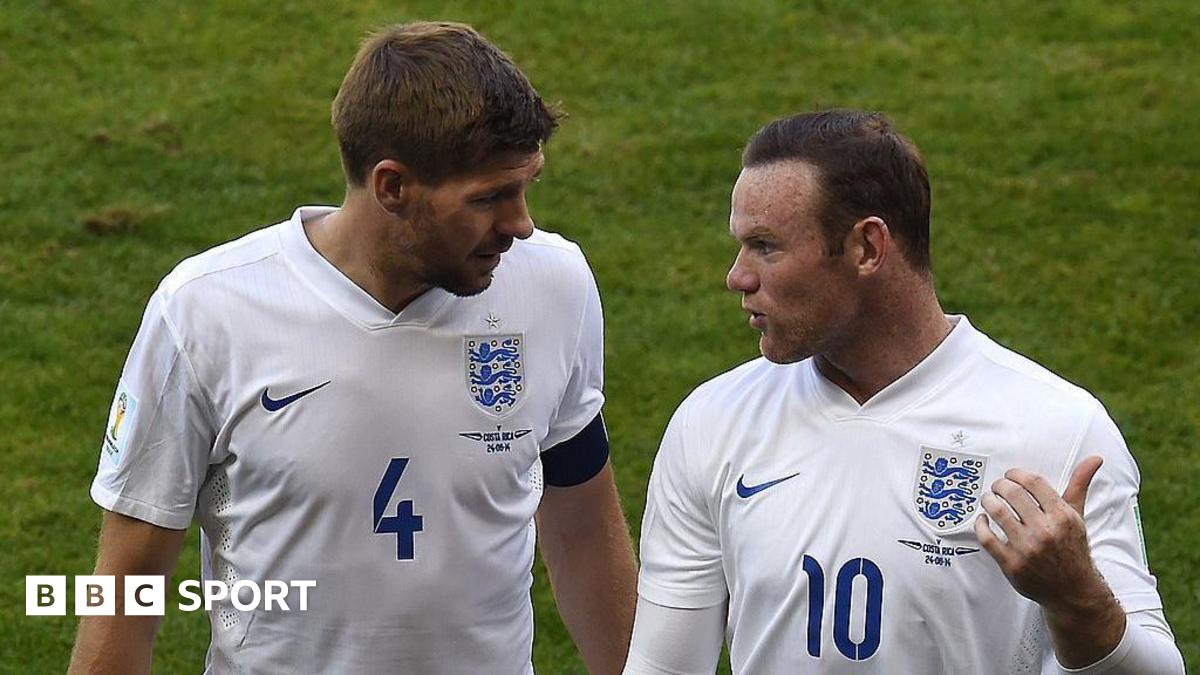
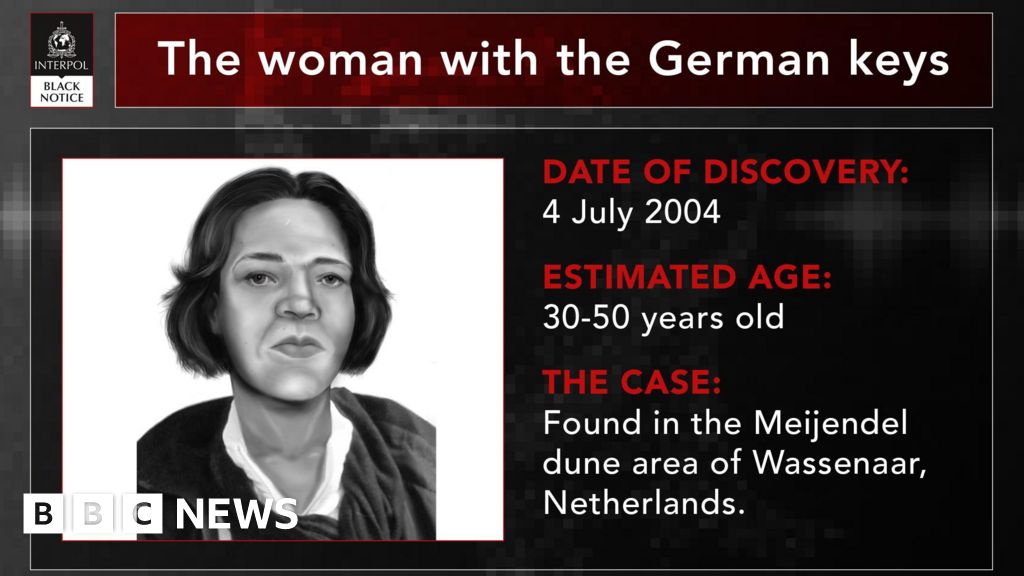
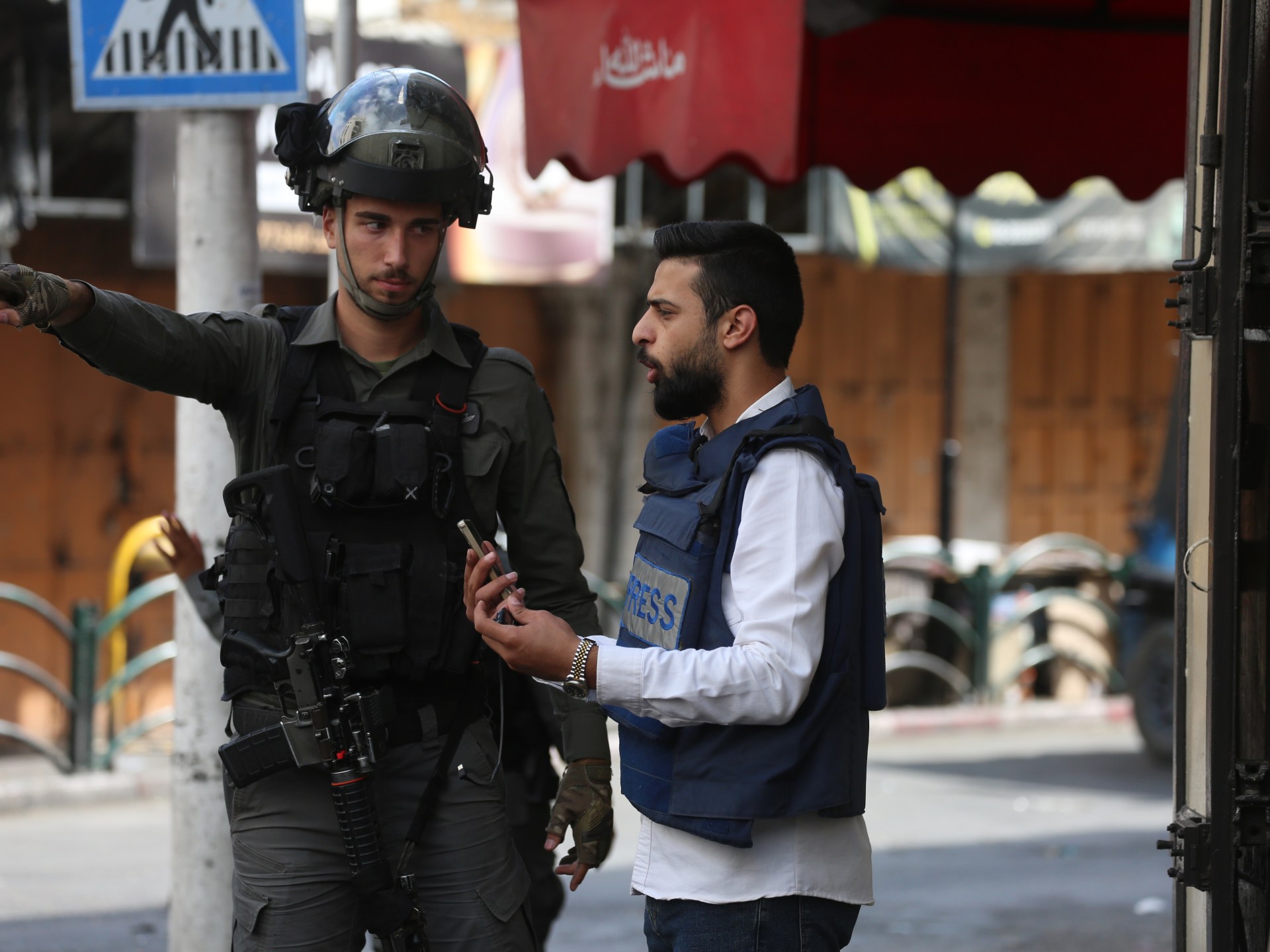


Leave a Reply